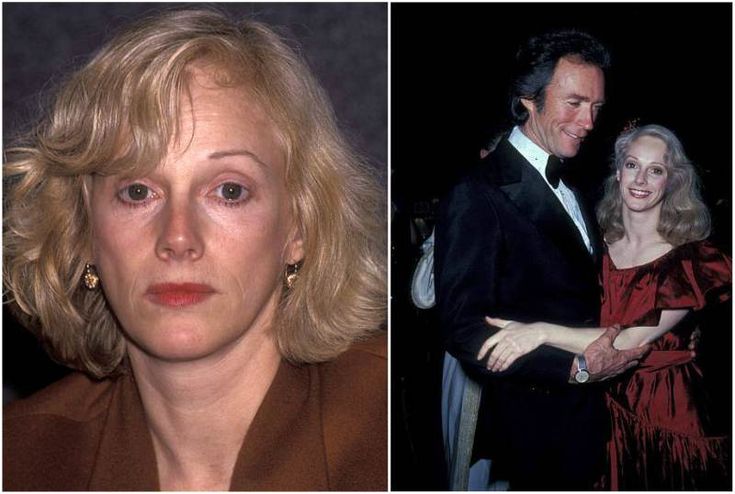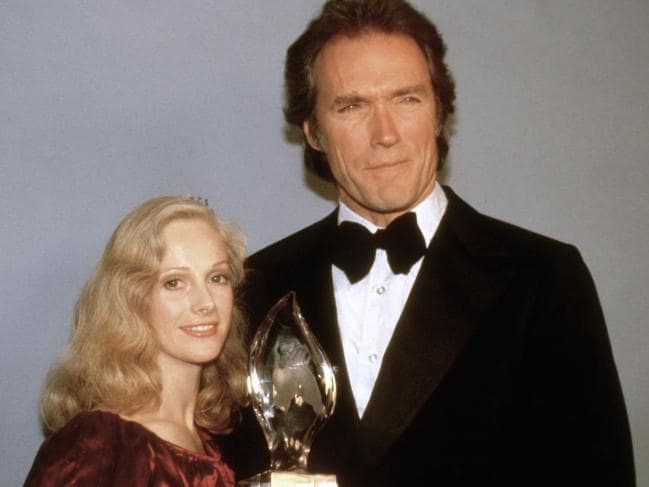Advertisement
Sondra Locke: Small-Town Star, Big-Time Battles – Sondra Locke, born Sandra Louise Anderson on May 28, 1944, was a Hollywood actress and director who left a significant mark on American cinema from her debut in 1968 until her passing in 2018. Her journey from small-town Tennessee to the silver screen was one of determination and immense talent. Despite facing numerous challenges, her drive to succeed and overcome adversity defined her career.
Locke’s childhood in Tennessee was marked by academic success and a penchant for performance. She was a valedictorian in high school, and her ambition led her to study drama at Middle Tennessee State University on a scholarship. She worked in radio and television at WSM in Nashville, even modeling and performing in regional theater productions. This early exposure to the entertainment world laid the foundation for her transition to film. In 1968, Locke made her debut with “The Heart Is a Lonely Hunter,” portraying the teenage character Mick Kelly. She was selected from nearly 600 other actresses vying for the role. Her stellar performance earned her an Academy Award nomination for Best Supporting Actress and dual Golden Globe nominations for Best Supporting Actress and Most Promising Newcomer. This promising start opened doors for future roles, propelling her into the limelight.
Locke’s childhood in Tennessee was marked by academic success and a penchant for performance. She was a valedictorian in high school, and her ambition led her to study drama at Middle Tennessee State University on a scholarship. She worked in radio and television at WSM in Nashville, even modeling and performing in regional theater productions. This early exposure to the entertainment world laid the foundation for her transition to film. In 1968, Locke made her debut with “The Heart Is a Lonely Hunter,” portraying the teenage character Mick Kelly. She was selected from nearly 600 other actresses vying for the role. Her stellar performance earned her an Academy Award nomination for Best Supporting Actress and dual Golden Globe nominations for Best Supporting Actress and Most Promising Newcomer. This promising start opened doors for future roles, propelling her into the limelight.

Locke’s subsequent projects were a mix of successes and challenges. Her notable films included “Willard” (1971), “The Outlaw Josey Wales” (1976), “The Gauntlet” (1977), “Every Which Way but Loose” (1978), “Bronco Billy” (1980), “Any Which Way You Can” (1980), and “Sudden Impact” (1983). Many of these projects involved Clint Eastwood, with whom she developed a personal and professional relationship. Their chemistry onscreen captivated audiences, and Eastwood became not only her frequent co-star but also her partner for over a decade. Their personal relationship began in 1975 during the filming of “The Outlaw Josey Wales.” Despite being married to sculptor Gordon Anderson since 1967, Locke entered into a partnership with Eastwood that lasted until the late 1980s. Their collaboration on multiple films made them a recognizable pair in Hollywood, and Eastwood often vouched for Locke’s inclusion in his projects. However, the relationship came with challenges, and tensions would later surface, impacting Locke’s personal and professional life.
After a long relationship with Eastwood, Locke’s career faced setbacks when their partnership ended in 1989. She filed a high-profile palimony lawsuit against Eastwood, alleging that he had pressured her into having two abortions and a sterilization procedure. The case was settled out of court, and Eastwood provided funding for a development and directing deal for Locke with Warner Bros. However, she found herself battling against Warner Bros. a few years later, claiming the deal was a ruse orchestrated by Eastwood to keep her out of the film industry. In a second lawsuit, Locke sued Eastwood and Warner Bros. for fraud and breach of fiduciary duty, arguing that she had been tricked into a bogus development deal that led to no work. The legal battle was settled out of court in 1996, allowing Locke to resume her career.
Advertisement

Locke’s move into directing was marked by mixed reception but showcased her determination to expand her skill set. Her first directorial project, “Ratboy” (1986), a fable about a half-human, half-rat boy, did not perform well in the U.S. but was received positively in Europe. Her second film, “Impulse” (1990), a gritty crime thriller starring Theresa Russell, was critically acclaimed and demonstrated Locke’s capabilities behind the camera. In addition to directing, she ventured into writing, publishing her autobiography “The Good, the Bad, and the Very Ugly: A Hollywood Journey” in 1997. The book provided a candid and detailed account of her life with Eastwood, her struggles, and her thoughts on Hollywood. While it stirred controversy, the memoir served as a testament to her resilience and willingness to speak openly about her experiences.
After her legal battles and health issues, Locke’s career slowed. She did return to acting in 1999 for “The Prophet’s Game” and “Clean and Narrow,” both of which went straight to video. She also directed “Death in Small Doses” (1995) and “Trading Favors” (1997). Despite being away from the limelight, Locke continued to hold a place in Hollywood’s history.
Locke succumbed to cancer on November 3, 2018, at the age of 74. Her death went unannounced for several weeks, and she was largely ignored by Hollywood at the time. However, her legacy is undeniable. She was not only a talented actress and director but also a pioneering figure who stood up for herself in a male-dominated industry. Her willingness to fight legal battles, openly discuss abortion, and pursue directing at a time when few women did so made her a notable icon. She left behind a body of work that will be remembered for its distinct style and the resilient spirit she brought to every role she played or film she directed. Sondra Locke’s journey was a complex one, woven with triumphs and trials. Her work with Eastwood, her legal battles, and her transition to directing underscore the strength she maintained in an industry that often tried to sideline her. Even in death, she remains an influential figure whose impact continues to inspire actors, directors, and those who believe in advocating for their rights.
Locke succumbed to cancer on November 3, 2018, at the age of 74. Her death went unannounced for several weeks, and she was largely ignored by Hollywood at the time. However, her legacy is undeniable. She was not only a talented actress and director but also a pioneering figure who stood up for herself in a male-dominated industry. Her willingness to fight legal battles, openly discuss abortion, and pursue directing at a time when few women did so made her a notable icon. She left behind a body of work that will be remembered for its distinct style and the resilient spirit she brought to every role she played or film she directed. Sondra Locke’s journey was a complex one, woven with triumphs and trials. Her work with Eastwood, her legal battles, and her transition to directing underscore the strength she maintained in an industry that often tried to sideline her. Even in death, she remains an influential figure whose impact continues to inspire actors, directors, and those who believe in advocating for their rights.
Advertisement
Advertisement
